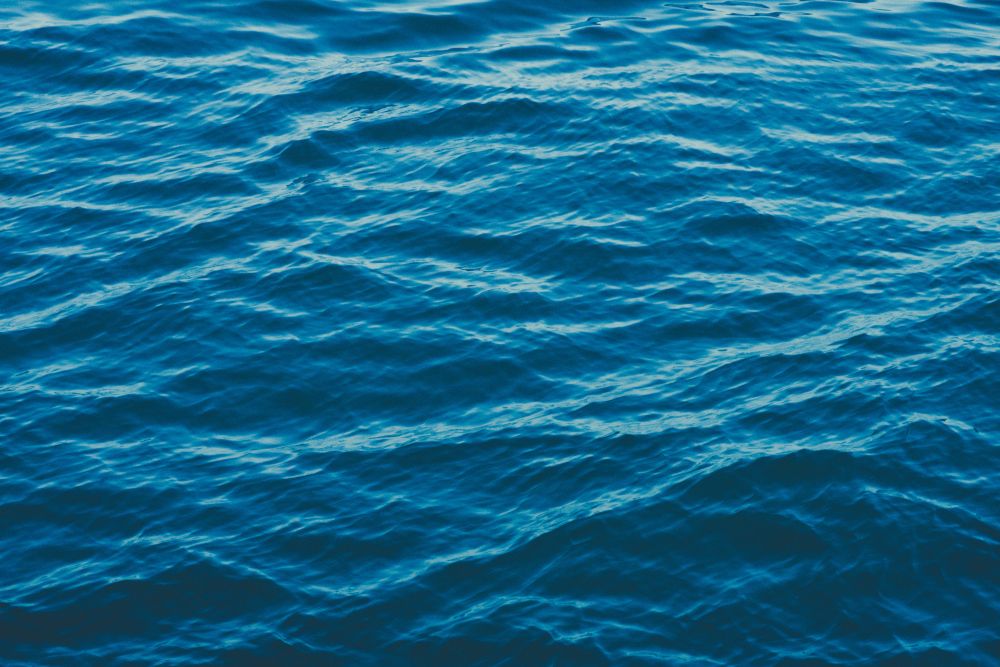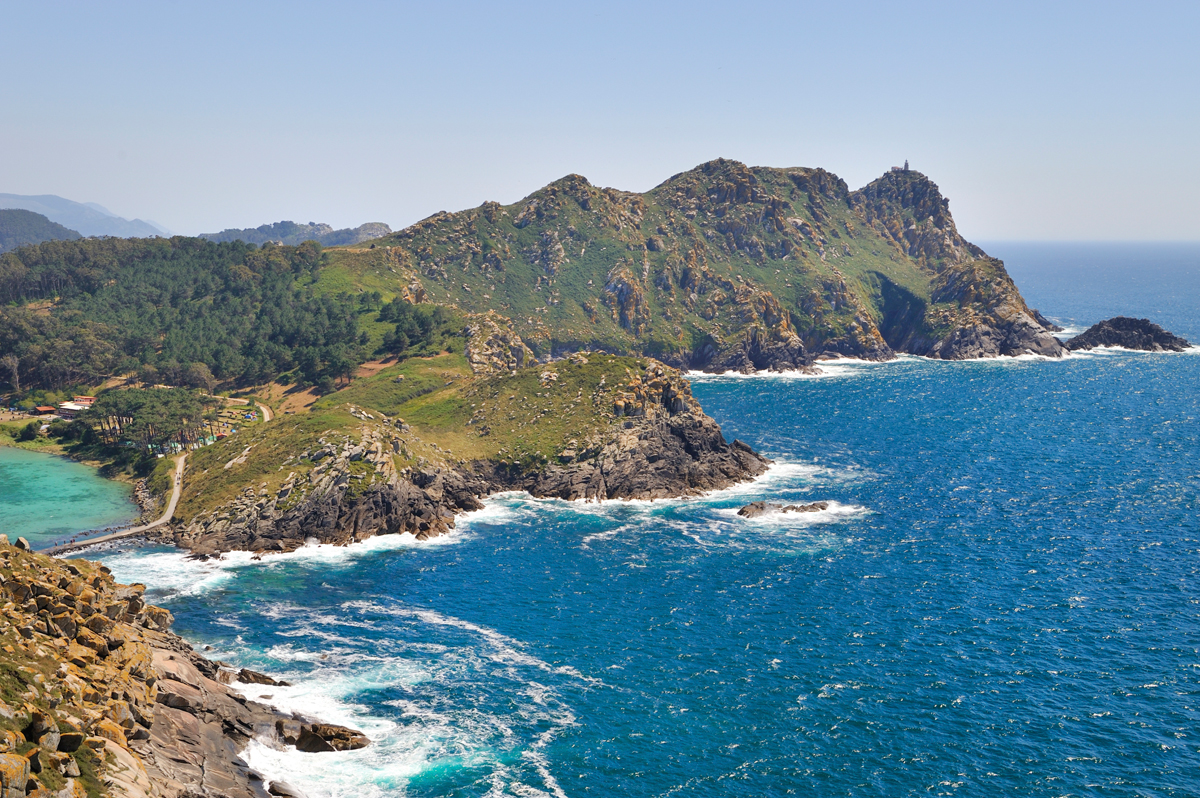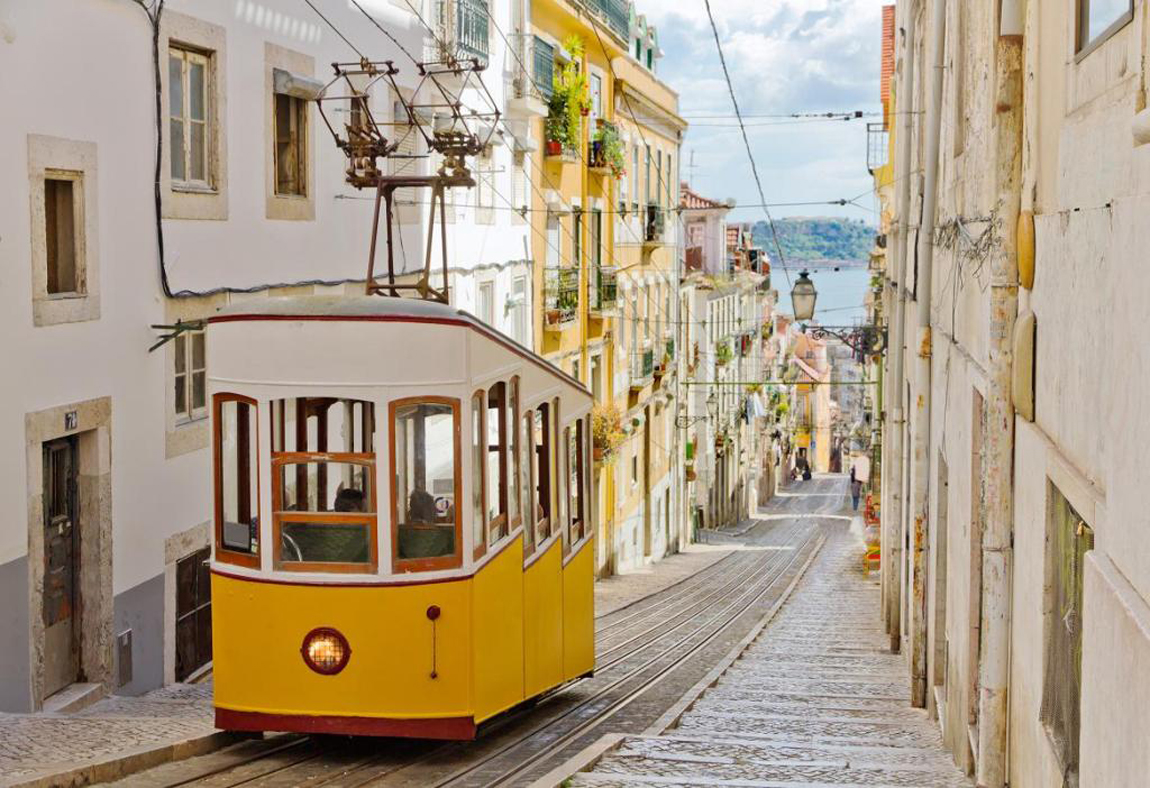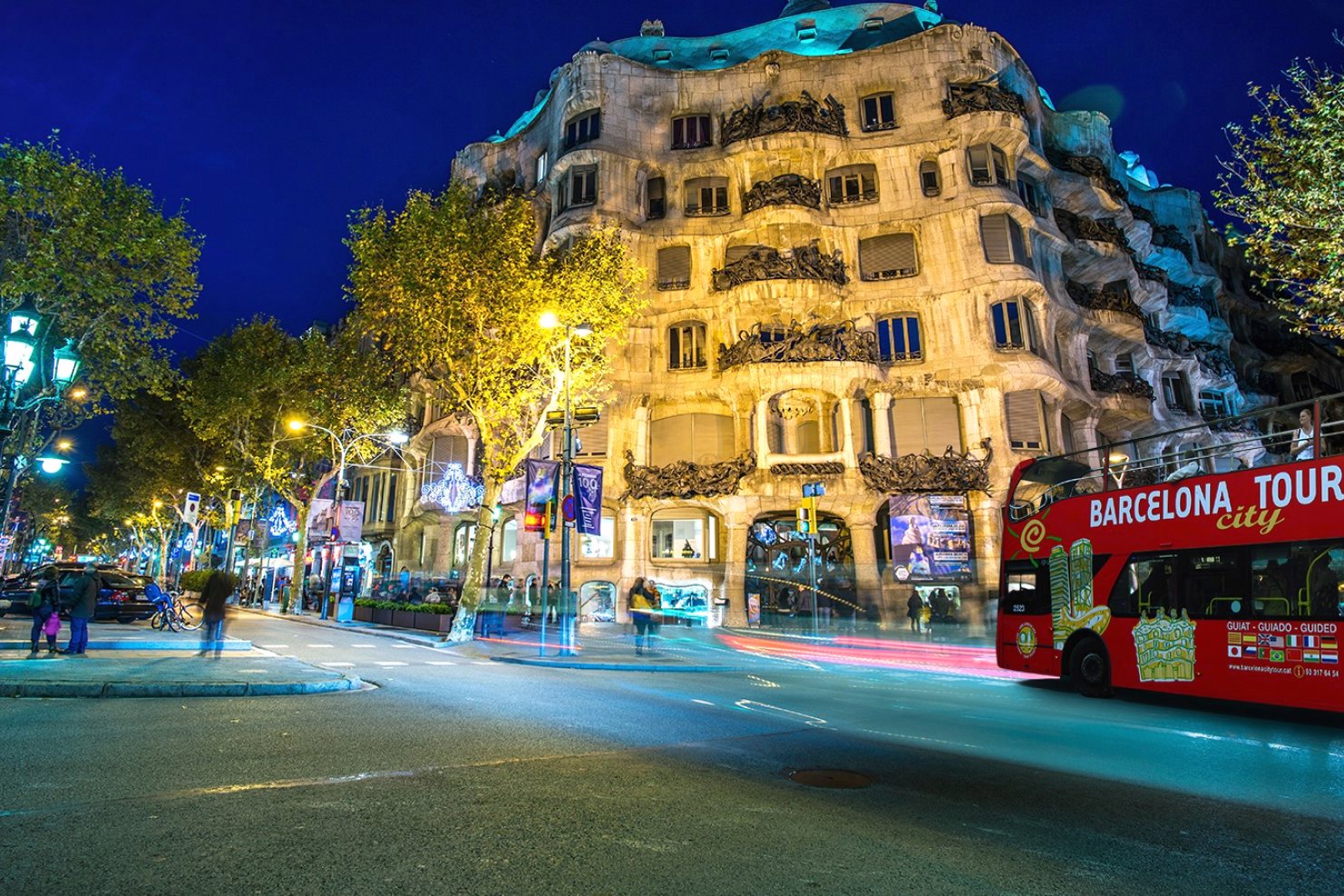

| Cruise Region : Europe |
| Company : Norwegian Cruise Lines |
| Ship : Norwegian Breakaway |
| Journey Start : Fri 14 Mar 2025 |
| Journey End : Fri 28 Mar 2025 |
| Count Nights : 14 nights |
| Day | Port | Date | Arrival | Departure |
|---|---|---|---|---|
| 1 | Southampton London | Fri 14 Mar | 17:00 | |
| 2 | Zeebrugge Brussels Bruges | Sat 15 Mar | 08:30 | 17:30 |
| 3 | Le Havre Paris | Sun 16 Mar | 08:00 | 21:00 |
| 4 | Day at sea / Sea | Mon 17 Mar | ||
| 5 | La Rochelle / France | Tue 18 Mar | 08:00 | 18:00 |
| 6 | The Verdon Bordeaux | Wed 19 Mar | 07:00 | 19:00 |
| 7 | Bilbao / Spain | Thu 20 Mar | 08:00 | 17:00 |
| 8 | La Coruña / Spain | Fri 21 Mar | 09:00 | 18:00 |
| 9 | Viggo / Spain | Sat 22 Mar | 08:00 | 16:00 |
| 10 | Lisbon / Portugal | Sun 23 Mar | 08:00 | 16:00 |
| 11 | Cadiz Seville | Mon 24 Mar | 10:00 | 20:00 |
| 12 | Motril / Spain | Tue 25 Mar | 07:00 | 17:00 |
| 13 | Ibiza / Spain | Wed 26 Mar | 12:00 | 21:00 |
| 14 | Palma Majorca | Thu 27 Mar | 08:00 | 17:00 |
| 15 | Barcelona / Spain | Fri 28 Mar | 05:00 |
Accommodation in a cabin of the selected category during the entire cruise (TV, telephone, shower/bath, hairdryer, air conditioning).
All-inclusive meals, excluding alcoholic beverages under the Freestyle program - free meal time.
Order food to your cabin 24 hours (additional charges apply for delivery between 00:00 and 05:00).
Set for making tea and coffee in the cabin.
Coffee, tea, water and iced tea during breakfast, lunch and dinner.
All entertainment on board (evening shows, nightclubs, live music, etc.).
Sports activities (table tennis, basketball, tennis and golf)
Participation of children in Children's clubs.
Fitness center, sports court, jogging track, swimming pools and jacuzzi.
Port fees, taxes and taxes.
For guests of Suite and Penthouse class cabins (in addition to all of the above):
Butler and concierge service.
Unpacking luggage on the day of check-in.
Champagne, liqueurs, fruits, bottled water and soda drinks (only for guests of Garden Villas and Owner`s Suites)
Champagne, bottled water and fruit on planting day.
Food delivery to the cabin 24 hours.
Minibar and Espresso/Cappuccino machine.
Pillow menu.
Bathrobe and slippers.
Priority check-in for the ship.
Escort to your cabin on check-in day.
Private transfer from port to airport (Garden Villas guests only).
Tips for staff (included in the bill and paid at the end of the cruise).
Casino, telephone, internet, video games.
Alcoholic and some non-alcoholic drinks.
Karaoke.
Bowling.
Laundry service.
Booking tables at alternative restaurants.
Registration of entry visas along the route.
Medical insurance.
Non-departure insurance (optional).
Air travel and transfers.
Excursions at ports of call.
Minibar in the cabin.
Personal services on board (SPA, beauty salon, laundry).







Bilbao is a city in northern Spain, the largest city in the province of Biscay and in the Basque Country as a whole. It is also the largest city proper in northern Spain. Bilbao is the tenth largest city in Spain, with a population of 345,141 as of 2015. The Bilbao metropolitan area has roughly 1 million inhabitants, making it one of the most populous metropolitan areas in northern Spain; with a population of 875,552 the comarca of Greater Bilbao is the fifth-largest urban area in Spain. Bilbao is also the main urban area in what is defined as the Greater Basque region.
Bilbao is situated in the north-central part of Spain, some 16 kilometres (10 mi) south of the Bay of Biscay, where the economic social development is located, where the estuary of Bilbao is formed. Its main urban core is surrounded by two small mountain ranges with an average elevation of 400 metres (1,300 ft). Its climate is shaped by the Bay of Biscay low-pressure systems and mild air, moderating summer temperatures by Iberian standards, with low sunshine and high rainfall. The annual temperature range is low for its latitude.
After its foundation in the early 14th century by Diego López V de Haro, head of the powerful Haro family, Bilbao was a commercial hub of the Basque Country that enjoyed significant importance in Green Spain. This was due to its port activity based on the export of iron extracted from the Biscayan quarries. Throughout the nineteenth century and the beginning of the twentieth, Bilbao experienced heavy industrialisation, making it the centre of the second-most industrialised region of Spain, behind Barcelona. At the same time an extraordinary population explosion prompted the annexation of several adjacent municipalities. Nowadays, Bilbao is a vigorous service city that is experiencing an ongoing social, economic, and aesthetic revitalisation process, started by the iconic Bilbao Guggenheim Museum, and continued by infrastructure investments, such as the airport terminal, the rapid transit system, the tram line, the Azkuna Zentroa, and the currently under development Abandoibarra and Zorrozaurrerenewal projects.
Bilbao is also home to football club Athletic Club de Bilbao, a significant symbol for Basque nationalism due to its promotion of only Basque players and one of the most successful clubs in Spanish football history.
On 19 May 2010, the city of Bilbao was recognised with the Lee Kuan Yew World City Prize, awarded by the city state of Singapore, in collaboration with the Swedish Nobel Academy. Considered the Nobel Prize for urbanism, it was handed out on 29 June 2010. On 7 January 2013, its mayor, Iñaki Azkuna, received the 2012 World Mayor Prize awarded every two years by the British foundation The City Mayors Foundation, in recognition of the urban transformation experienced by the Biscayan capital since the 1990s. On 8 November 2017, Bilbao was chosen the Best European City 2018 at The Urbanism Awards 2018, awarded by the international organisation The Academy of Urbanism.

A Coruña is a city and municipality of Galicia, Spain. It is the second most populated city in the autonomous community and seventeenth overall in the country. The city is the provincial capital of the province of the same name, having also served as political capital of the Kingdom of Galicia from the 16th to the 19th centuries, and as a regional administrative centre between 1833 and 1982, before being replaced by Santiago de Compostela.
A Coruña is a busy port located on a promontory in the Golfo Ártabro, a large gulf on the Atlantic Ocean. It provides a distribution point for agricultural goods from the region.

Vigo is a city and municipality adjoining the Atlantic Ocean in the province of Pontevedra in Galicia, northwest Spain. It is the capital of the comarca of Vigo and Vigo metropolitan area.
Vigo is the most populous municipality of Galicia, the 14th in Spain, and the most populous Spanish municipality that is not the capital of a province. It has an area of 109.06 km2 (42.11 sq mi) and had a population of 292,817 in 2016.
The city is located in the southwest of Galicia, in the southern part of Vigo Ria, one of Europe's rainiest areas. In the northeast, it borders the municipality of Redondela; in the east, Mos; in the south, O Porriño and Gondomar; and in the southwest, Nigrán. On the other side of its bay are the municipalities of Cangas and Moaña. They are all part of the southern Galician region called Rías Baixas. Vigo is just north of the border with Portugal; its nearest larger city is Porto, Portugal's second-largest city.
Vigo and its metropolitan area are one of the region's primary economic agents.

Lisbon is the capital and the largest city of Portugal, with an estimated population of 505,526 within its administrative limits in an area of 100.05 km2. Its urban area extends beyond the city's administrative limits with a population of around 2.8 million people, being the 11th-most populous urban area in the European Union. About 3 million people live in the Lisbon Metropolitan Area (which represents approximately 27% of the country's population). It is mainland Europe's westernmost capital city and the only one along the Atlantic coast. Lisbon lies in the western Iberian Peninsula on the Atlantic Ocean and the River Tagus. The westernmost areas of its metro area form the westernmost point of Continental Europe, which is known as Cabo da Roca, located in the Sintra Mountains.





Barcelona is a city in Spain. It is the capital and largest city of Catalonia, as well as the second most populous municipality of Spain. With a population of 1.6 million within city limits, its urban area extends to numerous neighbouring municipalities within the Province of Barcelona and is home to around 4.8 million people, making it the sixth most populous urban area in the European Union after Paris, London, Madrid, the Ruhr area and Milan. It is one of the largest metropolises on the Mediterranean Sea, located on the coast between the mouths of the rivers Llobregat and Besòs, and bounded to the west by the Serra de Collserola mountain range, the tallest peak of which is 512 metres (1,680 feet) high.
Founded as a Roman city, in the Middle Ages Barcelona became the capital of the County of Barcelona. After merging with the Kingdom of Aragon, Barcelona continued to be an important city in the Crown of Aragon as an economic and administrative centre of this Crown and the capital of the Principality of Catalonia. Barcelona has a rich cultural heritage and is today an important cultural centre and a major tourist destination. Particularly renowned are the architectural works of Antoni Gaudí and Lluís Domènech i Montaner, which have been designated UNESCO World Heritage Sites. The headquarters of the Union for the Mediterranean are located in Barcelona. The city is known for hosting the 1992 Summer Olympics as well as world-class conferences and expositions and also many international sport tournaments.
Barcelona is one of the world's leading tourist, economic, trade fair and cultural centres, and its influence in commerce, education, entertainment, media, fashion, science, and the arts all contribute to its status as one of the world's major global cities. It is a major cultural and economic centre in southwestern Europe, 24th in the world (before Zürich, after Frankfurt) and a financial centre. In 2008 it was the fourth most economically powerful city by GDP in the European Union and 35th in the world with GDP amounting to €177 billion. In 2012 Barcelona had a GDP of $170 billion; and it was leading Spain in employment rate in that moment.
In 2009 the city was ranked Europe's third and one of the world's most successful as a city brand. In the same year the city was ranked Europe's fourth best city for business and fastest improving European city, with growth improved by 17% per year, and the city has been experiencing strong and renewed growth for the past three years. Since 2011 Barcelona has been a leading smart city in Europe. Barcelona is a transport hub, with the Port of Barcelona being one of Europe's principal seaports and busiest European passenger port, an international airport, Barcelona–El Prat Airport, which handles over 50 million passengers per year, an extensive motorway network, and a high-speed rail line with a link to France and the rest of Europe.